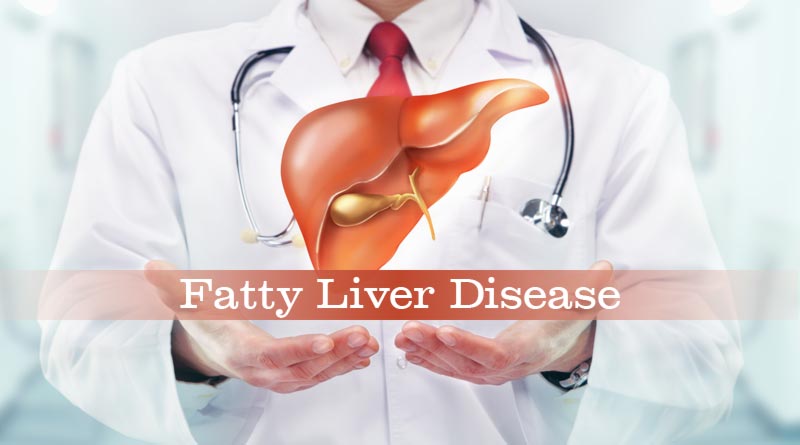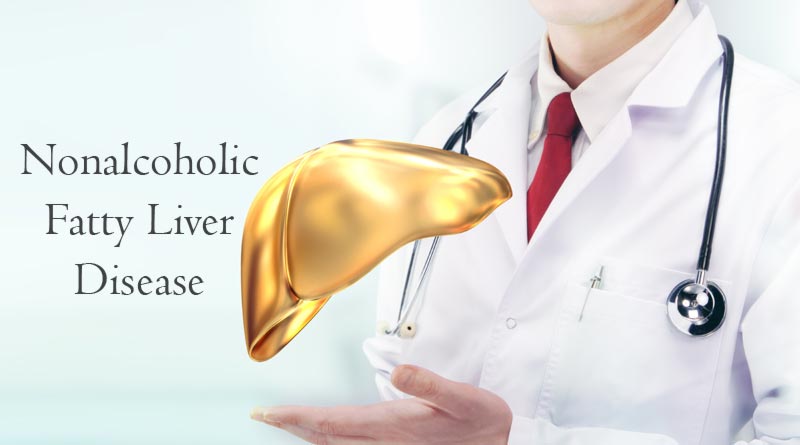What Is Hepatitis C?

Hepatitis C is an infection that affects the liver. It is caused by the hepatitis C virus (HCV), which can only be transmitted through blood. This means there is nothing you can eat or not eat that will help prevent hepatitis C.
A 2006 study published in Hepatologydid shows that obese people are more likely to have fatty liver. Interferon-based therapies, used to treat hepatitis C, are less effective in people who have a fatty liver. Switching to a low-calorie, low-fat diet could help you lose weight.
What You Should Be Eating

A diet that’s healthy for the liver includes lots of fiber-rich foods, such as fruits, vegetables, and whole grains. You should also eat more unsaturated (vegetable) fats from sources such as olive oil, avocadoes, and nuts. These fats are healthier than saturated fats, which are more difficult for your liver to break down.
People with liver disease should limit their calorie intake. This is especially important if you are overweight. Avoid fried foods and high-fat snacks. Instead, try to eat more natural foods and fewer processed ones.
Foods to Avoid

Fatty liver is often present in people who drink excessively, are obese, or have diabetes. Avoiding alcohol and reducing the number of fats you eat could help prevent or improve your condition. Additionally, according to a 2013 study published in Hepatology, fructose and other dietary sugars may contribute to the development of the non-alcoholic fatty liver.
Treatment for Hepatitis C

There are a number of prescription drugs doctors can use to treat hepatitis C. In most cases, doctors opt for a combination of interferon and ribavirin. This combination kills the virus and also strengthens your body’s defenses. Treatment can last anywhere from six to 12 months.
Early treatment is important to prevent severe liver damage. People with hepatitis C can develop cirrhosis after 20 to 30 years of living with hepatitis C. Hepatitis C also increases the risk of developing liver cancer.
Hepatitis C Diet

If you have already been diagnosed with hepatitis C, you should make some changes to your diet. The American Liver Foundation recommends limiting foods that contain iron, such as red meat, egg yolks, and liver.
You should also consume less sodium. Salt-free or reduced salt products are a good place to start. You should also try to flavor your foods with herbs and spices, rather than adding large amounts of salt.
If you have already developed cirrhosis, you should also limit the amount of protein (meats) you eat, as they are more difficult for your liver to process.
Long-Term Care and Management

If you have been diagnosed with hepatitis C, you should seek the help and guidance of a hepatologist. This is a doctor who specializes in diseases of the liver. A hepatologist can provide information on the disease and help you make lifestyle changes that promote faster healing.
If you are taking any prescription medications or supplements, let your doctor know about it. Some drugs are very toxic to the liver, so you might need to switch to a different medication if you are diagnosed with hepatitis C.
 Parsi Teb Physical and Mental Health Journal
Parsi Teb Physical and Mental Health Journal 

